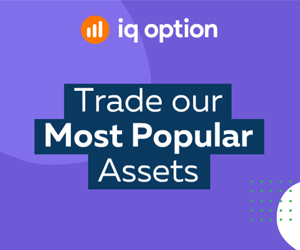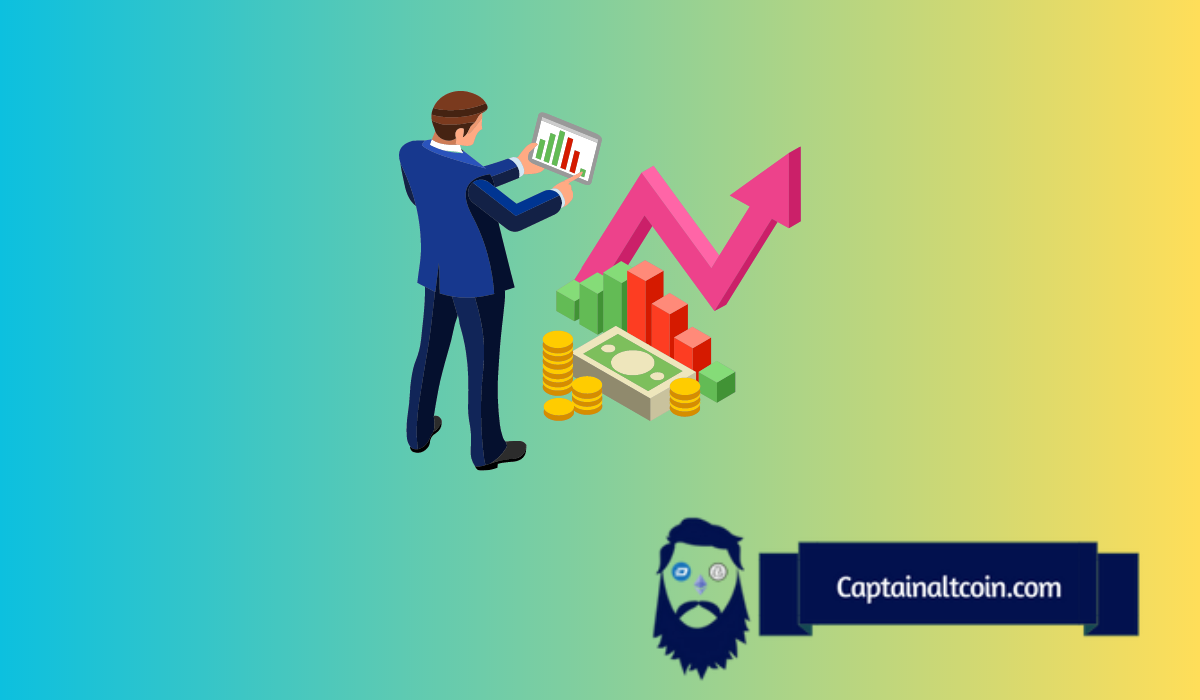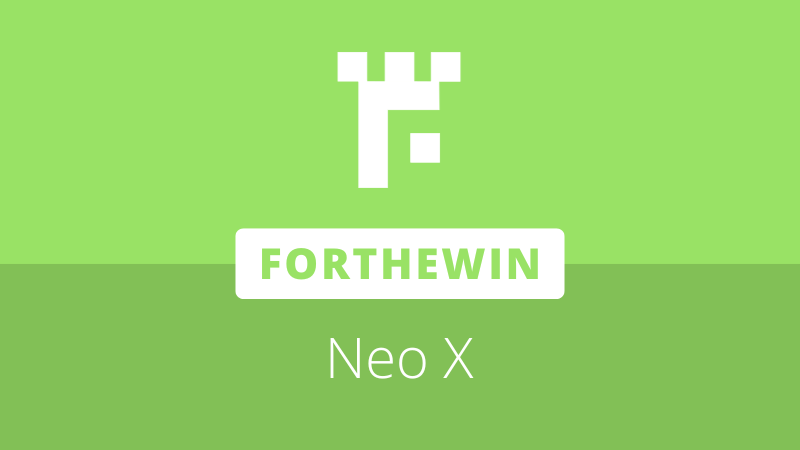Category: Gold News
Gold price March 12, 2024
What is the price of gold today?
The price of gold traded at $2,169.82 per troy ounce, as of 9 a.m. ET. That’s down 0.34% since yesterday’s gold price per ounce and up 5.01% from the beginning of the year.
The lowest trading price within the last 24 hours: $2,158.85 per ounce. The highest gold spot price in the last 24 hours: $2,185.76 per ounce.
Gold spot prices
XAU/USD is the label for finding the spot gold price traded in U.S. dollars. In this case, gold (XAU) is traded against the dollar, and the price represents the cost of one (troy) ounce of gold in USD. But there are other foreign exchange markets, such as XAU/EUR for trading in euros and XAU/GBP for trading in British pounds.
The spot gold price represents the price at which gold can be exchanged and delivered, and prices are typically quoted in gold price per troy ounce in U.S. dollars. But prices can also be quoted per gram and kilo. It’s worth noting that a troy ounce is slightly heavier than a standard ounce.
Gold price chart
The chart below shows how the spot price of gold is trending over the year. The data is as of 9 a.m. ET and doesn’t display intraday highs or lows.
Year to date, gold is up 5.01% from the beginning of the year, as of 9 a.m. ET. The 52-week intraday high reached $2,195.19 on March 8, 2024, and the 52-week intraday low dropped to $1,810.47 on Oct. 6, 2023.
Remember that the spot price of gold is quoted in real time and represents the current price at which gold can be bought or sold for immediate delivery. For most investors, the spot price usually differs from the price they’ll pay or receive when they decide to purchase or sell their gold.
For example, buying physical gold involves overheads like storage costs and insurance.
When trading physical gold, the difference between the buying and selling price, known as the spread, can eat into returns. Dealers often incorporate their markups and transaction fees within these spreads, which means the actual price an investor pays might be higher than the current market rate, while the selling price they receive might be lower.
While gold certificates, gold exchange-traded funds and gold trusts offer more liquidity and are easier to manage than physical gold, they come with their own risks. These investment vehicles might only sometimes match the performance of the spot price of gold due to management fees and potential discrepancies in tracking.
In essence, while the spot price provides a general benchmark for the value of gold, the actual returns and costs an investor encounters differ based on the medium of purchase and the specifics of the investment.
Investing in gold
Buying physical gold involves overheads like storage costs and insurance.
When trading physical gold, the difference between the buying and selling price, known as the spread, can eat into returns. Dealers often incorporate their markups and transaction fees within these spreads, which means the actual price an investor pays might be higher than the current market rate, while the selling price they receive might be lower.
While gold certificates, gold exchange-traded funds and gold trusts offer more liquidity and are easier to manage than physical gold, they come with their own risks. These investment vehicles might only sometimes match the performance of the spot price of gold due to management fees and potential discrepancies in tracking.
In essence, while the spot price provides a general benchmark for the value of gold, the actual returns and costs an investor encounters differ based on the medium of purchase and the specifics of the investment.
Precious metals spot prices
Precious metals have long served as investment vehicles and industrial commodities. Like gold, the spot prices of silver, platinum and palladium fluctuate based on various market, economic and geopolitical factors.
Silver spot prices
Silver possesses both monetary and industrial value. While it’s used as a hedge against economic volatility, it’s also crucial in the electronics, automotive and medical industries. Its dual-use nature can lead to different market dynamics compared to gold.
The price of silver opened at $24.36 per ounce, as of 9 a.m. ET. That’s down 0.28% since the previous day’s silver price per ounce and up 1.82% since the beginning of the year.
The lowest trading price within the last day: $24.12 per ounce. The highest silver spot price in the last 24 hours: $24.68 per ounce.
Platinum spot prices
Platinum is another precious metal that commands attention. Rarer than gold and silver, its primary use is in automotive catalytic converters, which help reduce harmful emissions. Given the push for cleaner automotive technologies, the demand dynamics for platinum can vary, influencing its spot price.
The price of platinum opened at $923.00 per ounce, as of 9 a.m. ET. That’s down 0.69% since yesterday’s platinum price per ounce and down 6.56% year to date.
The lowest trading price within the last 24 hours: $916.10 per ounce. The highest platinum spot price in the last 24 hours: $940.80 per ounce.
Palladium spot prices
Palladium, like platinum, is pivotal in the automotive industry for catalytic converters. In recent times, there has been a surge in palladium demand due to stricter emission standards worldwide. Its scarcity and rising industrial demand have led to significant price volatility.
The price of palladium is $1,011.33 per ounce, as of 9 a.m. ET. That’s down 2.04% since yesterday’s palladium price per ounce and down 8.02% year to date.
The lowest trading price within the last 24 hours: $1,005.53 per ounce. The highest palladium spot price in the last 24 hours: $1,038.53 per ounce.
Frequently asked questions (FAQs)
Gold’s value tends to fluctuate based on economic, geopolitical and market factors, so the answer to this question depends on the measured period. It’s also difficult to pinpoint the direction of future price trends ahead of time.
From the beginning of the year to March 12, 2024, the price of gold rose from $2,066.32 per troy ounce to $2,169.82, representing a 5.01% increase.
Gold can be highly volatile and subject to strong short-term price fluctuations.
Whether it’s a good time to buy gold depends on various factors, including your investment goals, risk tolerance and time horizon, the broader economic outlook, and forecasts about the gold market.
Historically, many people view gold as a hedge against inflation and currency fluctuations. Others see it as a store of value during economic downturns. At the same time, some may find diversifying a portfolio of stocks and bonds useful, given its low correlation to both assets.
“If you look at gold’s performance historically, it’s the kind of asset that should perform well through uncertainty, as it has done in five out of the last seven recessions,” said Joseph Cavatoni, chief market strategist for North America at the World Gold Council. “For people looking for a store of value and a portfolio diversifier, gold has a strong track record of delivering those qualities.”
Source link
Discover more from BIPNs
Subscribe to get the latest posts sent to your email.
Written by : Editorial team of BIPNs
Main team of content of bipns.com. Any type of content should be approved by us.
Share this article:
Discover more from BIPNs
Subscribe to get the latest posts sent to your email.











